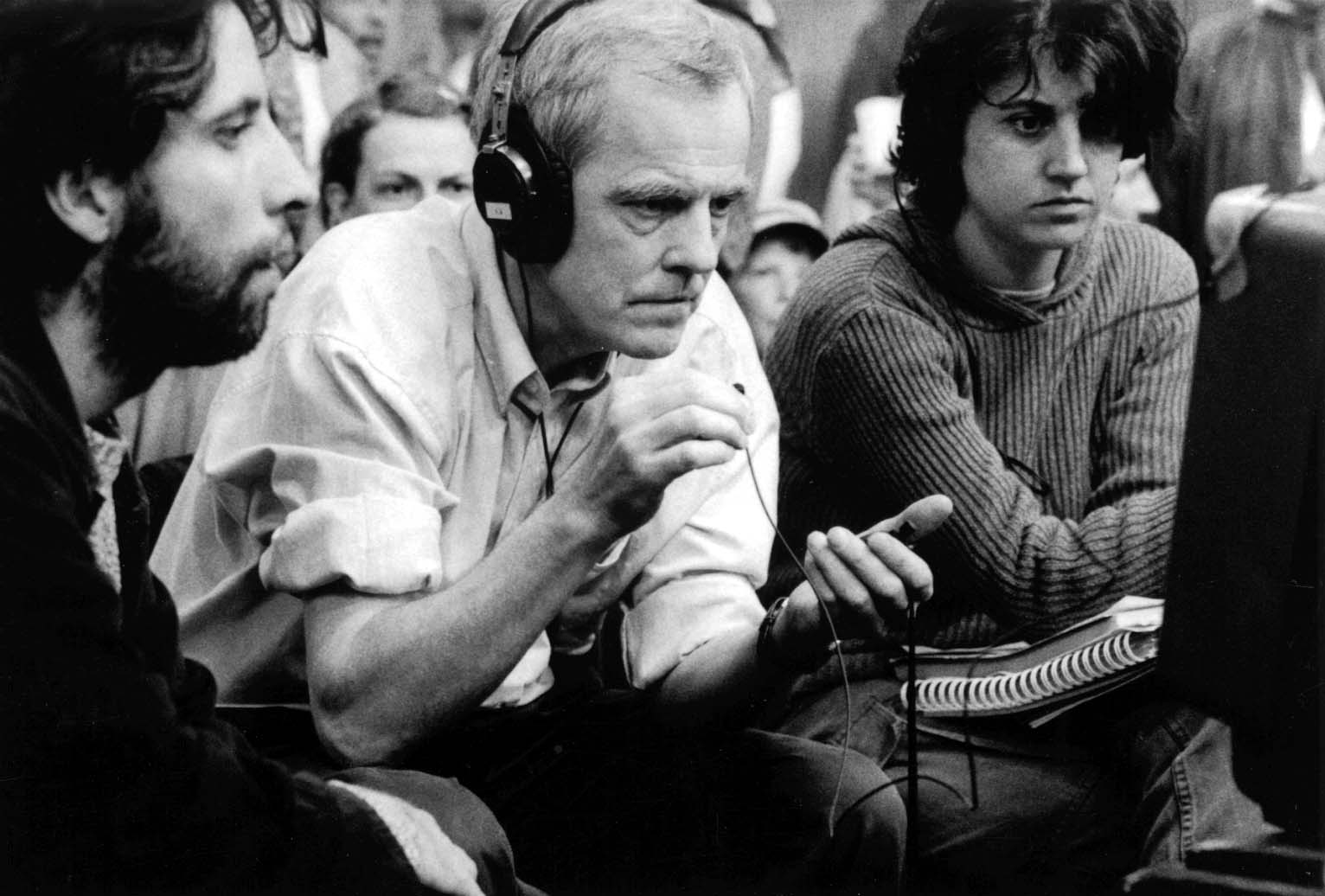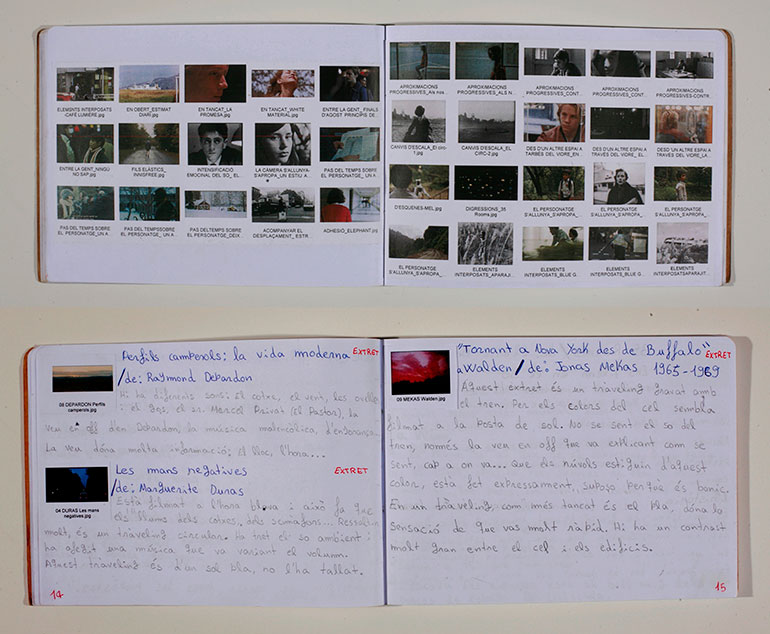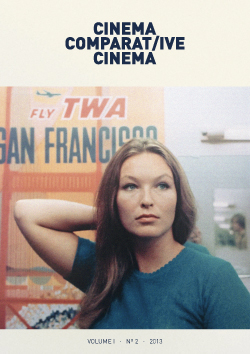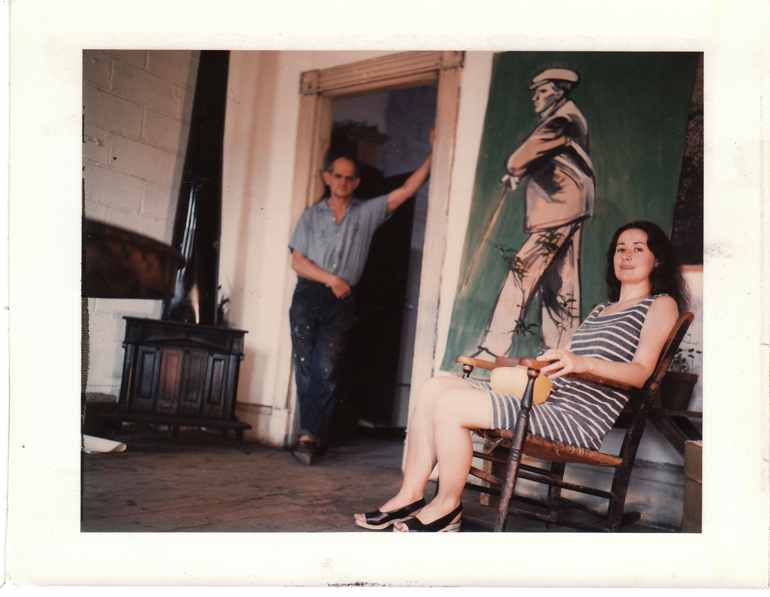DOWNLOAD |
Nº 2 FORMS IN REVOLUTIONEditorial FILMS UNDER DISCUSSION. INTERVIEWSABSTRACT ABSTRACT ABSTRACT ABSTRACT ARTICLESABSTRACT ABSTRACT ABSTRACT REVIEWSGlòria Salvadó Corretger: Spectres of Contemporary Portuguese Cinema: History and Ghost in the Images Rithy Panh (in collaboration with Christophe Bataille): La eliminación
|
CALL FOR PAPERS Nº 15
Deadline for submissions: [EXTENDED] January 30th, 2020.
More information HERE.
ONLINE DOCUMENTS

ONLINE DOCUMENTS No. 7
Notes on the Media Crisis
Peter Watkins

ONLINE DOCUMENTS No. 5
The Screenings: Watching Creation from Nearby
Cinema en curs
The Creation Process
Cinema en curs
ONLINE DOCUMENTS No. 4
Catallegory fatigue
Miguel Amorim



